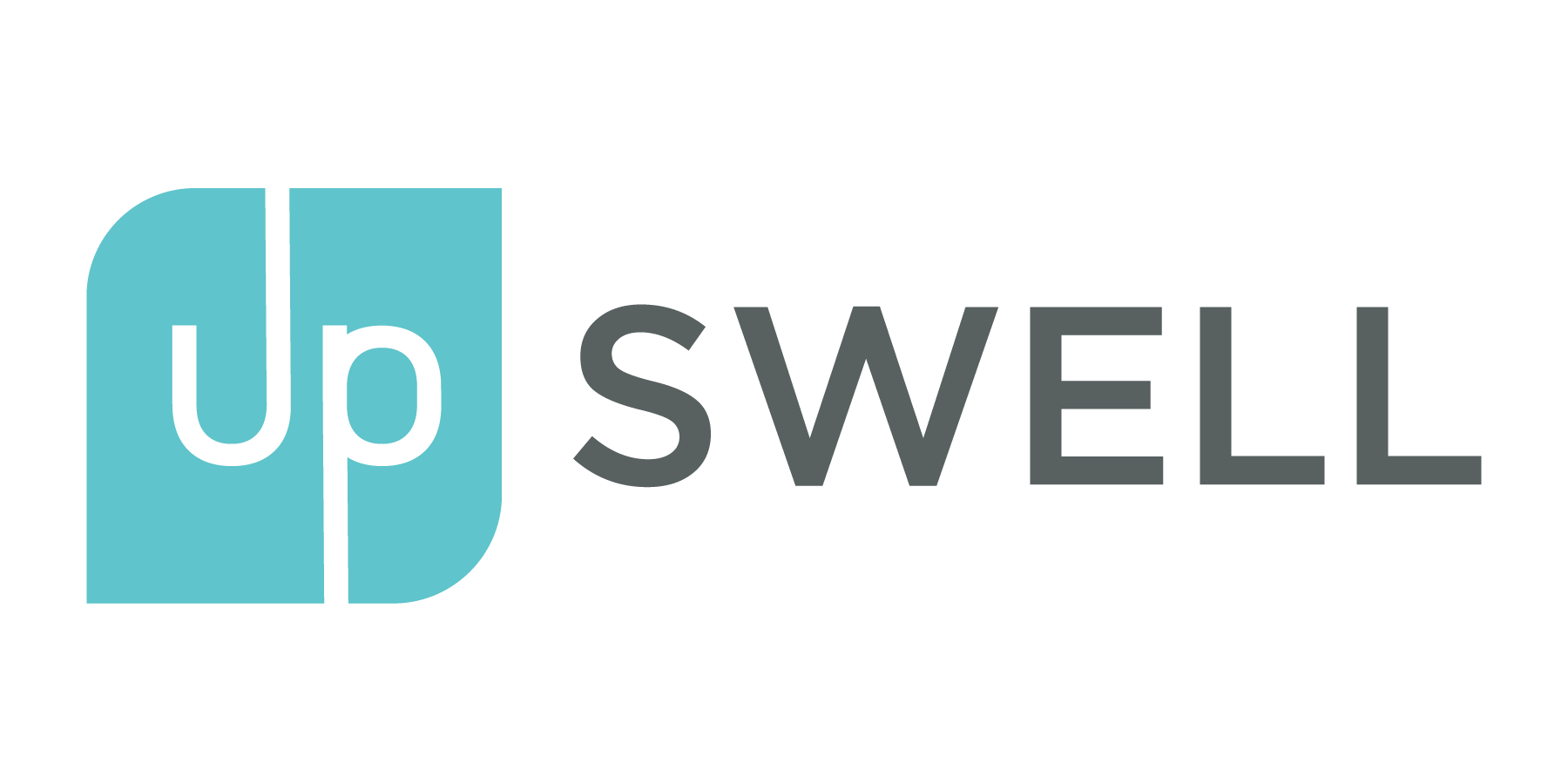Social media campaign to promote COVID-19 vaccination in Nigeria
Upswell supported all aspects of this initiative focused on combating COVID-19 vaccine hesitancy among healthcare providers in six Nigerian states, with the ultimate aim of boosting overall vaccine uptake. The secret to this project was the amazing 17 local organizations that were the beating heart of the campaign. These partnerships were instrumental in crafting and disseminating compelling, trustworthy messages via social media, thereby expanding access to credible vaccine information.
The project tracked two key signals to measure its efficacy: reach and engagement. We successfully hit over 70% of our target audience across our key states, thanks to rigorous data tracking and adapting our strategies. Although initial engagement was lower than desired, our iterative approach led to significant improvements over the course of two campaigns. This helped us identify critical insights, such as the need for active community management to prevent the spread of misinformation and the importance of local leadership in enhancing community interaction.
An independent study conducted by the Milken Institute School of Public Health at The George Washington University provided valuable insights into the campaign's impact. The research employed a quasi-experimental design and followed a longitudinal cohort across all 37 states in Nigeria. The study, published in PLoS One, found that our campaign led to increased vaccination rates in the targeted states compared to non-targeted states (Evans et al., 2023). It also highlighted the role of pro-vaccination social norms in driving these outcomes.
Furthermore, a cost-effectiveness analysis conducted by Professor Michael Long at the George Washington University revealed that the incremental cost-effectiveness ratio of the intervention was $54.5. This finding was consistent with studies of other social media campaigns promoting COVID-19 vaccine uptake and was 1-8% of the estimated cost per life year saved by vaccination against COVID-19 in low and middle-income countries, indicating that the campaign was highly cost-effective. The cost-effectiveness study is currently under peer review.
These findings underscore the effectiveness of our social media strategies and local partnerships in combating vaccine hesitancy and promoting public health in a cost-effective manner."
Reference:
Evans WD, Bingenheimer JB, Long M, Ndiaye K, Donati D, Rao NM, Akaba S, Nsofor I, Agha S. (2023). Outcomes of a social media campaign to promote COVID-19 vaccination in Nigeria. PLoS One, 18(9):e0290757. doi: 10.1371/journal.pone.0290757.

